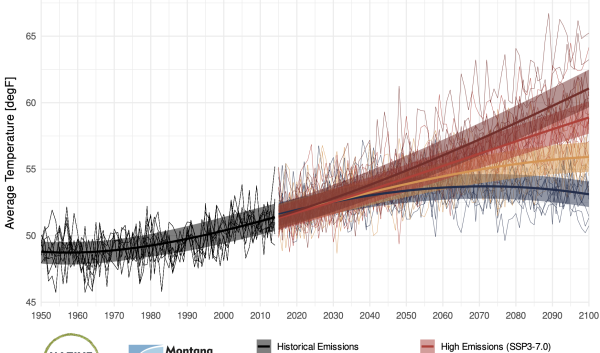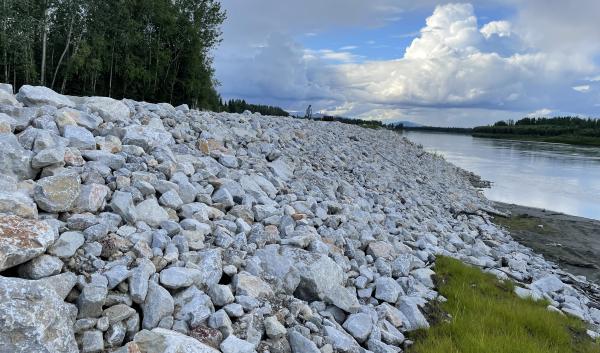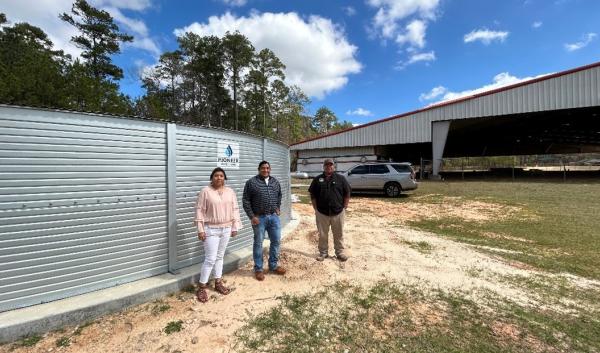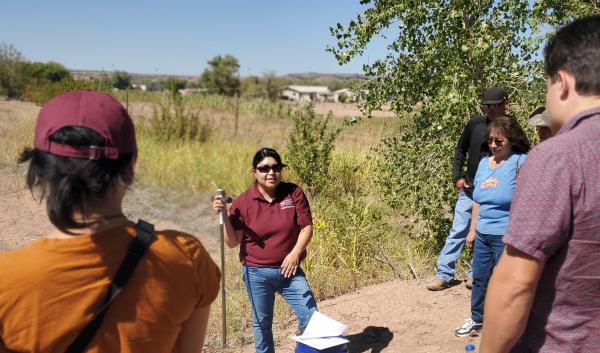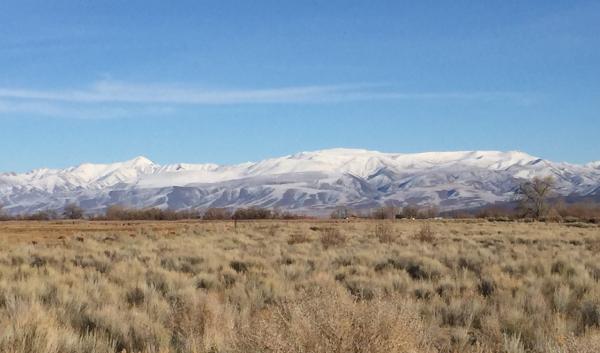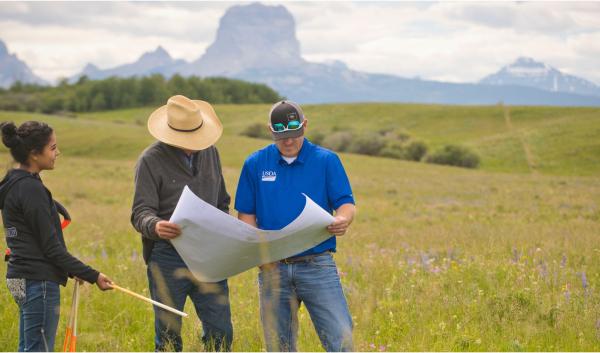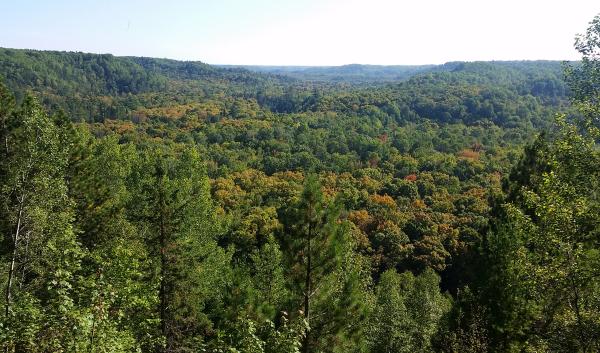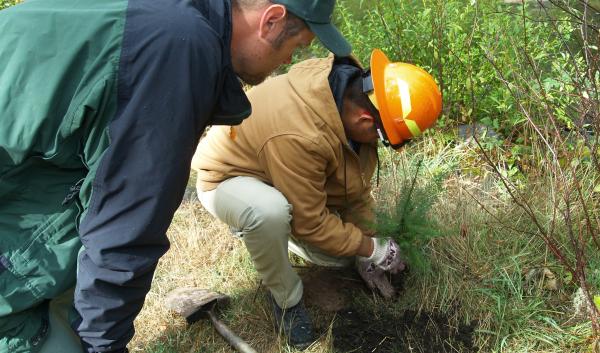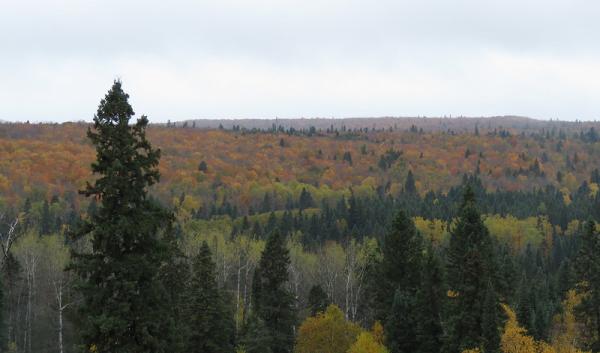Tribal Nations
Tribal Nations are recognized as sovereign nations and that have inherent power to govern all matters involving tribal members and issues in Indian Country. In the United States there are 573 federally recognized Indian Nations (also called Tribes, Nations, Pueblos, Native Villages, Communities, and Pueblos) as well as a number of Tribal Nations recognized by states within the United States. Tribal communities rely on farms, forests, rangelands, as well as freshwater and marine ecosystems for culture, heritage, and food security. Many tribal communities and fundamental ways of life are vulnerable to climate change as it will affect food harvest, preparation, consumption, as well as spiritual practices. Climate change is already affecting Native communities. These communities have a cultural history of adapting to change, but are vulnerable to these rapid changes.
“Tribal cultures and economies reflect intimate interdependencies between place, environment, natural resources, and people which make their communities highly vulnerable to impacts of climate change. Transgenerational knowledge systems provide a rich source of observational changes over extended periods of time, traditional management practices, and a history of experiential approaches to adaptation to change, and information that can identify and interpret the significance of local manifestations of environmental stressors. Tribes are developing risk assessments and adaptation plans to identify values and address risks unique to their own communities. Information systems are being designed and developed to support tribal engagement in the development and implementation of policies, programs, and projects to address climate concerns.” – Gary Morishima, Quinault Tribe
-
New Climate Projections Released for Tribal Lands
Detailed future projections for 633 tribal areas focus on agricultural climate variables
-
Protecting Communities from Erosion on the Kuskokwim River in Alaska
This Adaptation in Action profile highlights the efforts of two communities to adapt to riverbank erosion.
-
Rainwater Harvesting: A Tribal Partnership Project
The USDA Southern Plains Climate Hub (SPCH) partnered with BIA and Texas USDA/NRCS to provide demonstrations and…
-
Rainwater Harvesting and Soil Testing Workshop
On September 29, 2023, the Santa Ana Pueblo Department of Natural Resources, Drought Learning Network, National Drought…
-
Native Climate: Building Climate Resilience Across Cultures
Fallon-Shoshone wetlands in drought / Native Climate
-
NIFA Awards $4.5 Million to Northern Plains Climate Hub and Outreach Partners for Native Climate, Climate-Smart Agriculture, and Insurable Weather
Supporting climate adaptation in Native communities, The Prairie Hub Project: Promoting climate-smart agricultural…
-
Adaptation Menus of Strategies and Approaches
Adaptation menus provide a curated list of adaptation strategies, approaches, and tactics to integrate the effects of…
-
Recursos de Adaptación en Español
Recursos de adaptación en Español incluidos libros de trabajo de planificación y estrategias y enfoques de adaptación.


